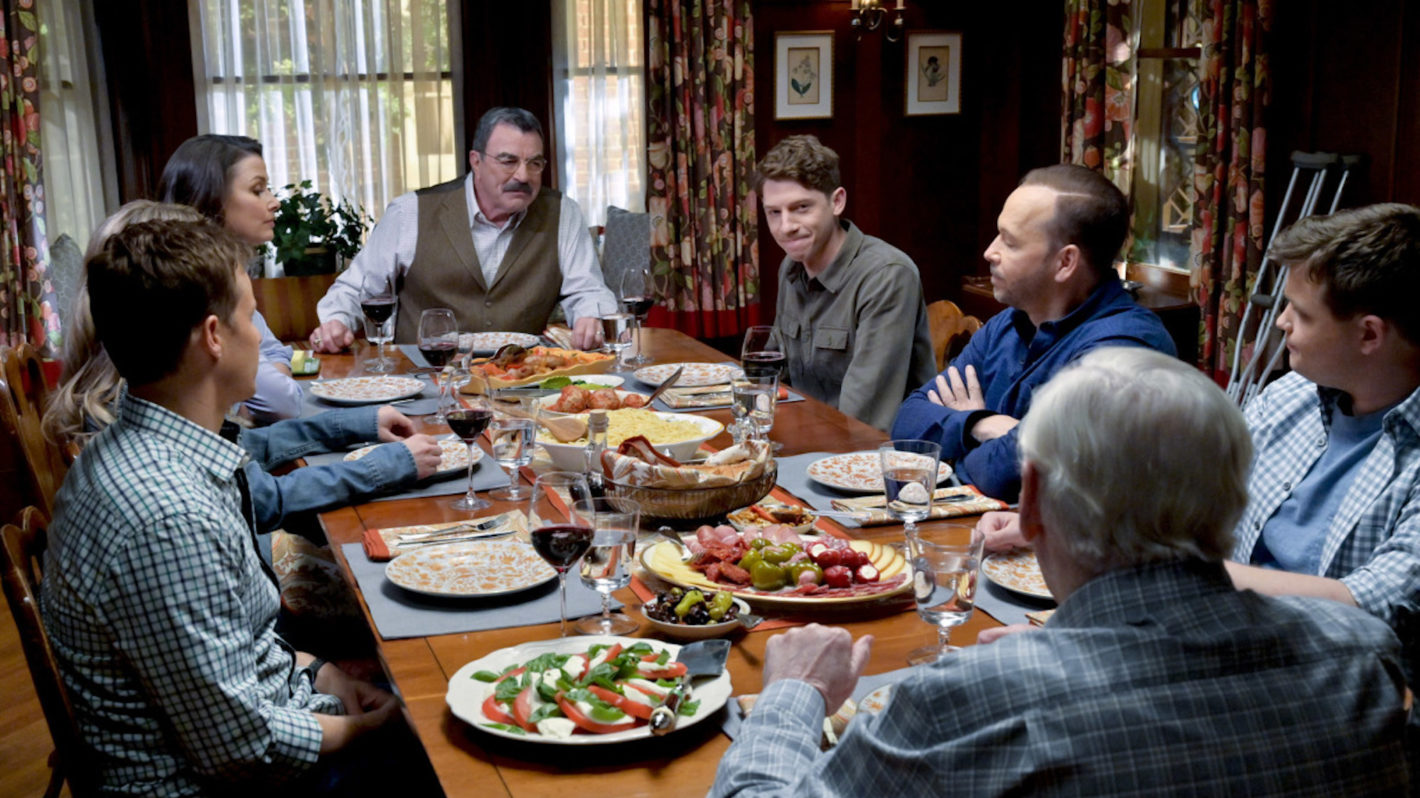The acclaimed TV series, Blue Bloods, ventures deep into the world of first responders, predominantly through the lens of the Reagan family, a multi-generational clan of police officers. Centered in New York City, the show exposes not just the adrenalin-fueled, crime-fighting aspects of their jobs, but more poignantly, the psychological and emotional costs they carry home.
Blue Bloods stands out for its unflinching portrayal of the complexities faced by first responders. It's not just about the physical dangers they encounter on the streets, but also the emotional toll brought about by the decisions they must make. Blue Bloods TV series info Choices that can mean life or death for others often leave deep scars on them, affecting their mental health and personal lives significantly.
The series skillfully explores the concept of moral injury – a term used to describe the mental anguish that results from actions, or the lack thereof, against one’s moral code. Episodes frequently showcase scenarios where the characters are forced to act in ways that challenge their ethical beliefs, leading to inner conflicts. This exploration offers viewers a peek into the invisible wounds that can be just as debilitating as physical injuries.

Moreover, Blue Bloods delves into the family dynamics within the Reagan household, showing how the demands and challenges of the job spill over into their personal lives. Dinner scenes, a staple of the show, provide a window into how the family navigates the balance between their professional obligations and family bonds. These moments are poignant reminders of how the sacrifices to their roles as first responders impact everyone around them, strengthening the narrative that the personal costs are not borne alone.

Importantly, the show doesn’t hold back from addressing the mechanisms that first responders rely on to cope with their burdens. Whether it’s through the strength found in family, the camaraderie among colleagues, or seeking professional help, Blue Bloods highlights the importance of addressing mental health and seeking support.

In essence, Blue Bloods provides a deeply nuanced depiction of what it means to be a first responder. It honors their heroism and dedication but equally confronts the hardships and sacrifices inherent in these roles. Through its compelling narratives and richly developed characters, the show promotes deeper insight of the personal costs involved, encouraging a more empathetic view towards those who serve our communities.

